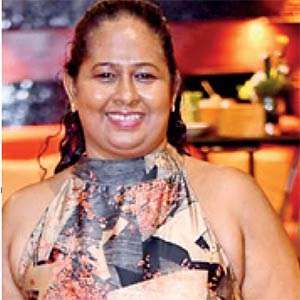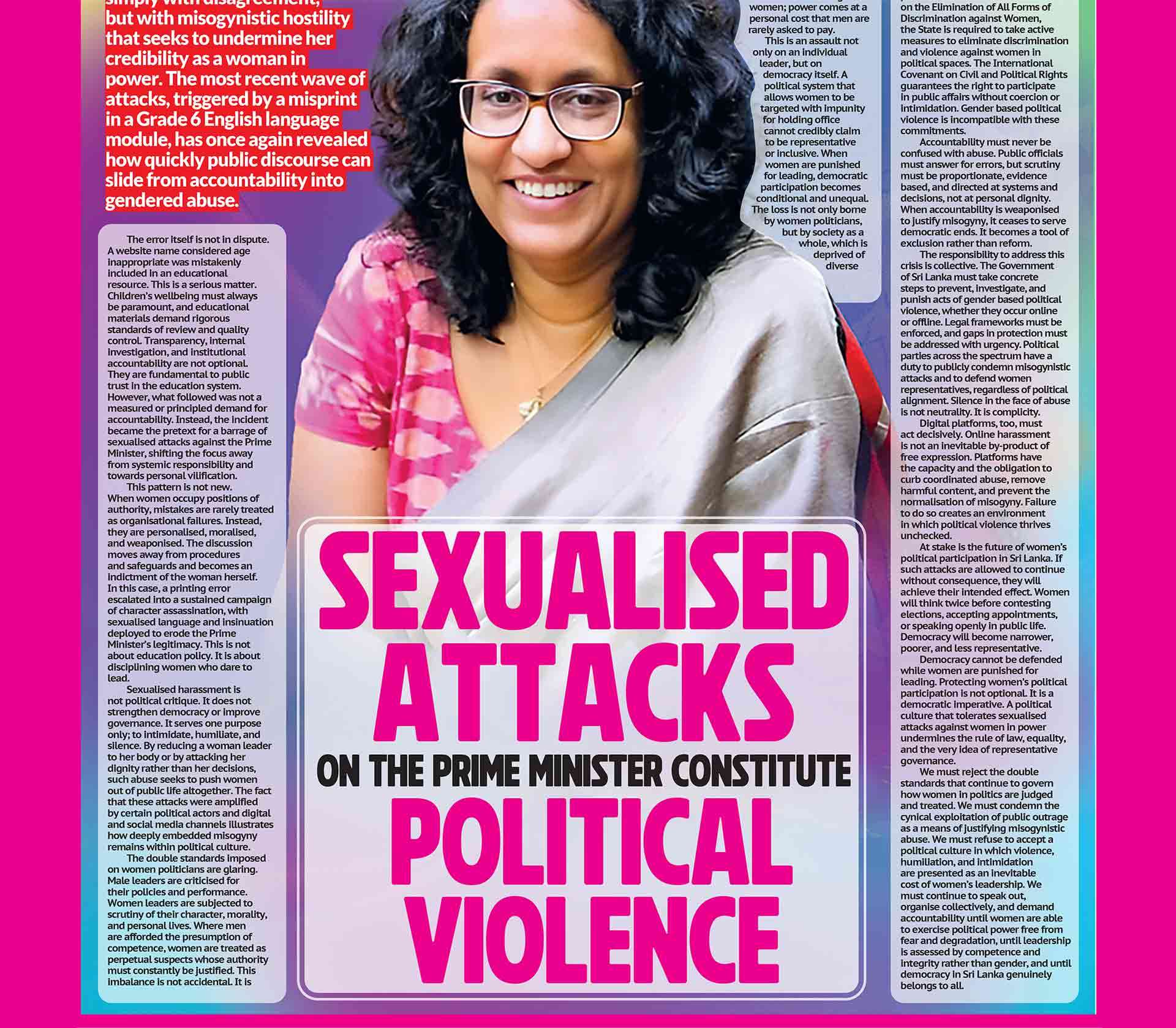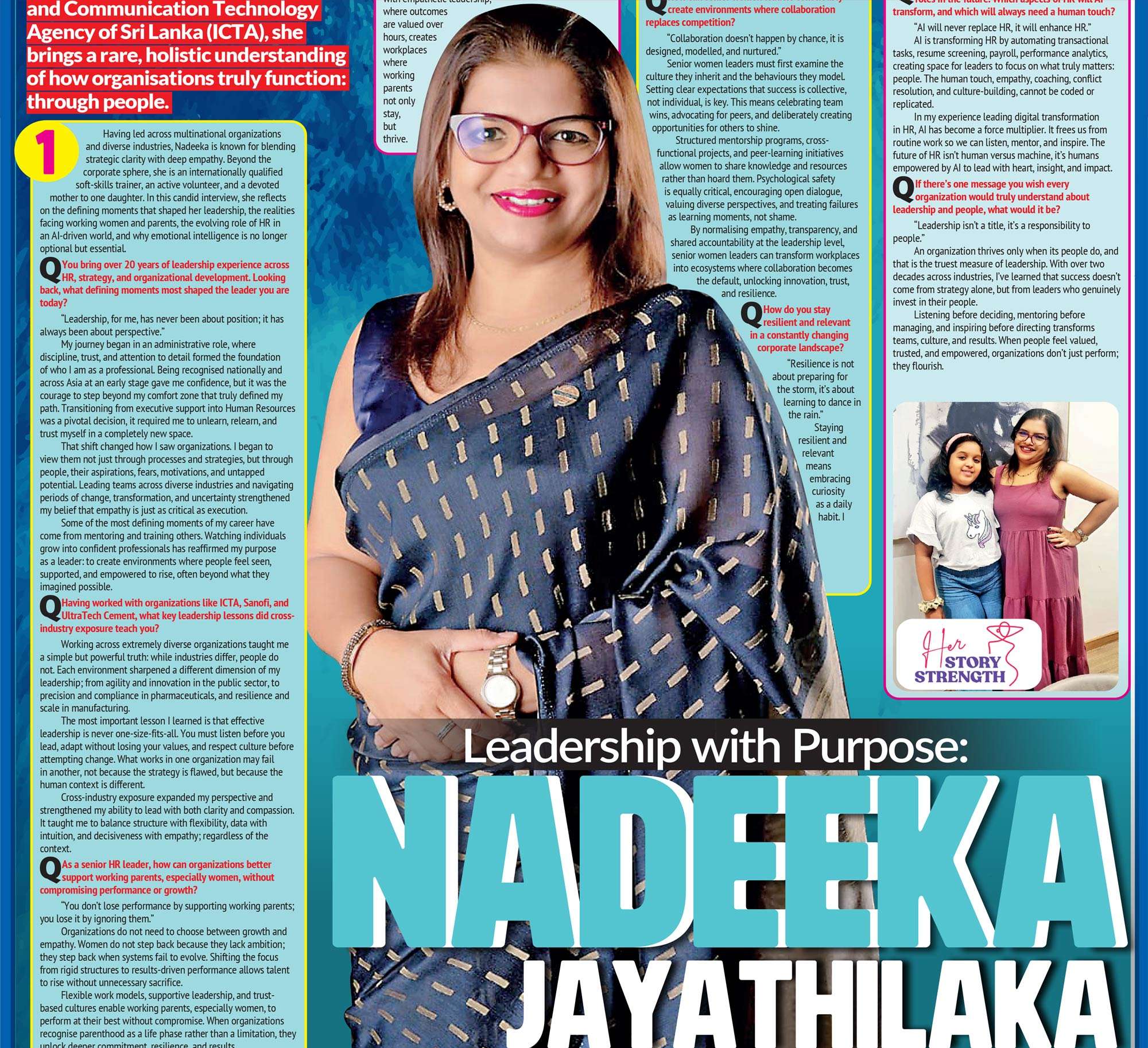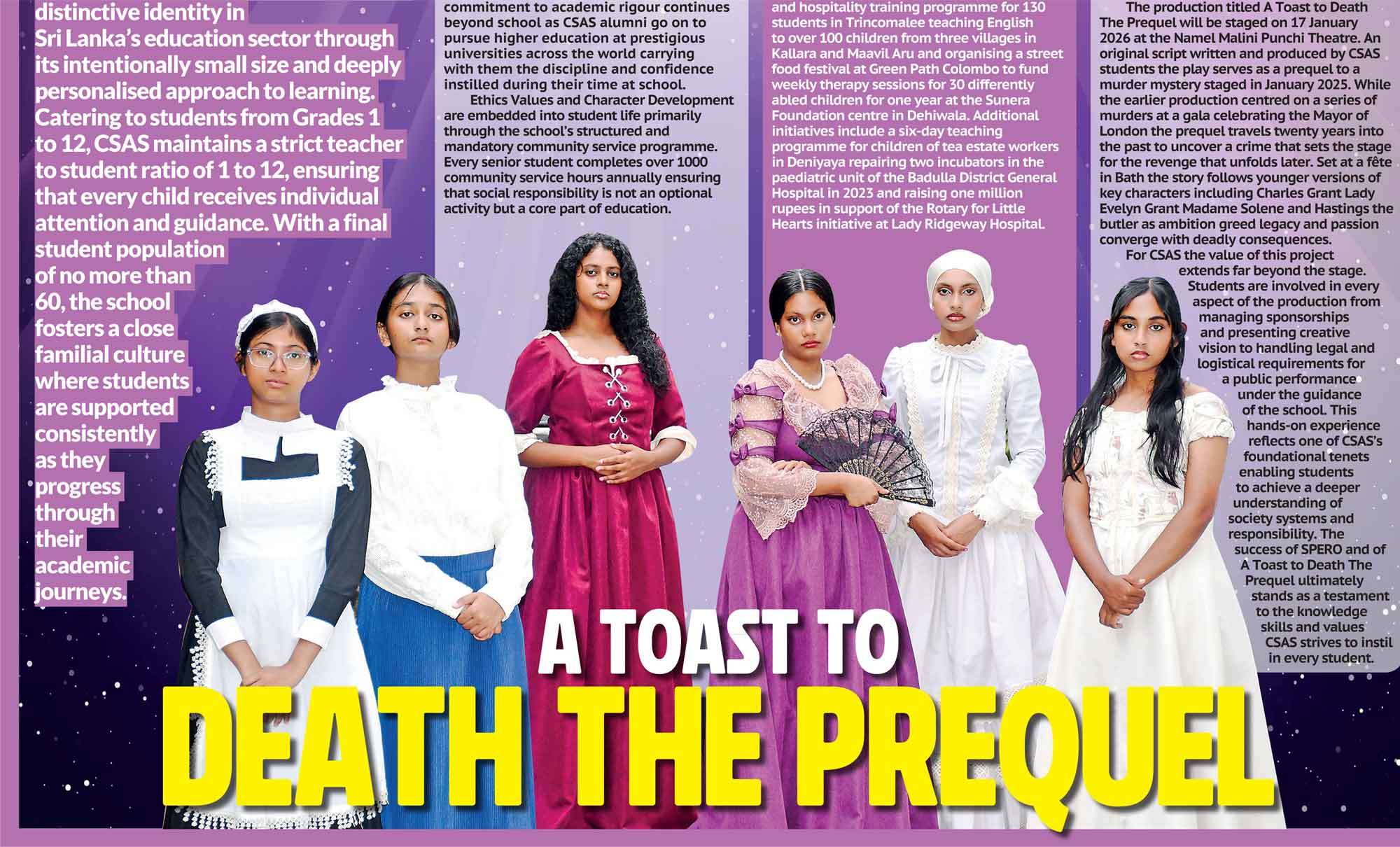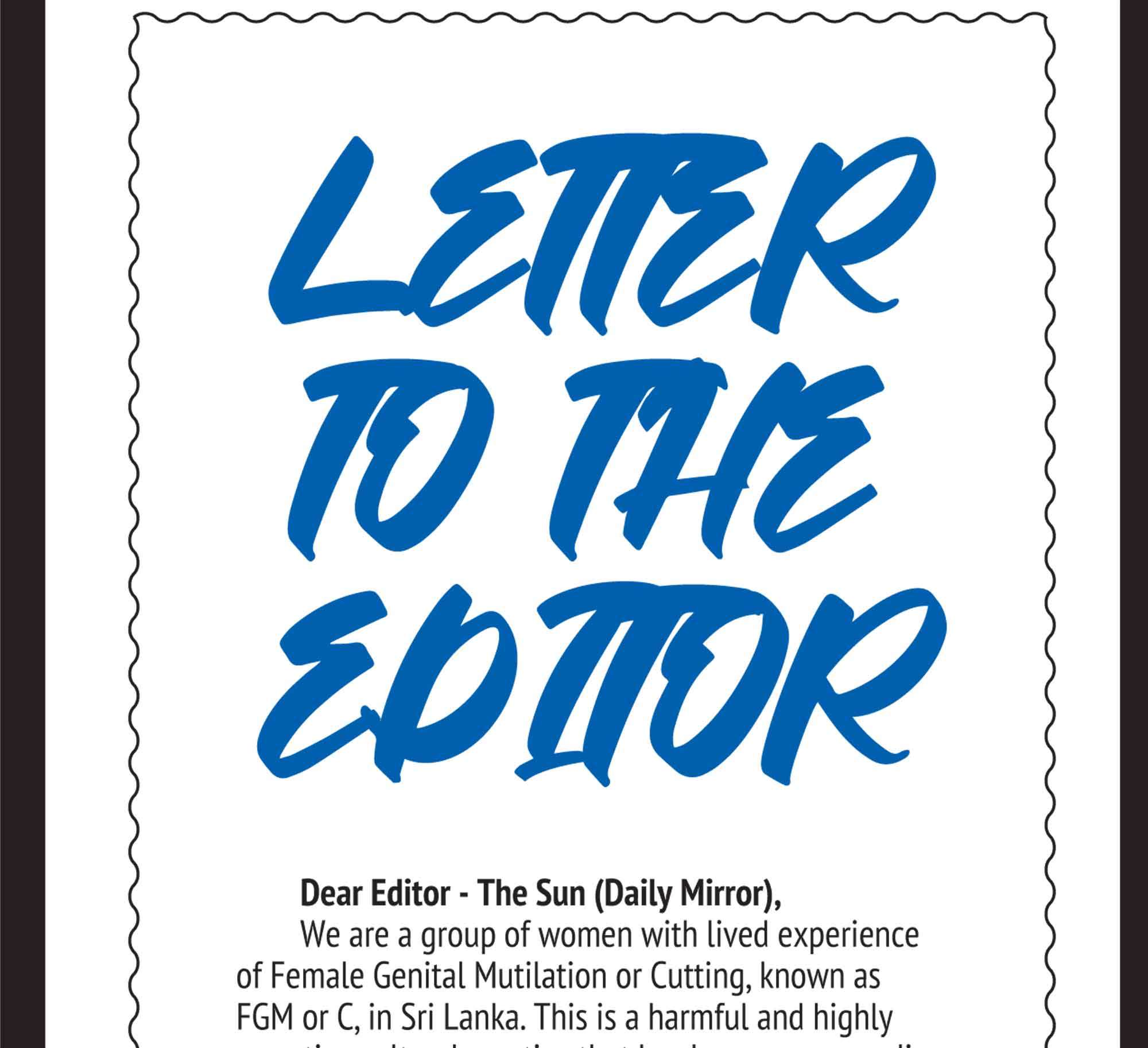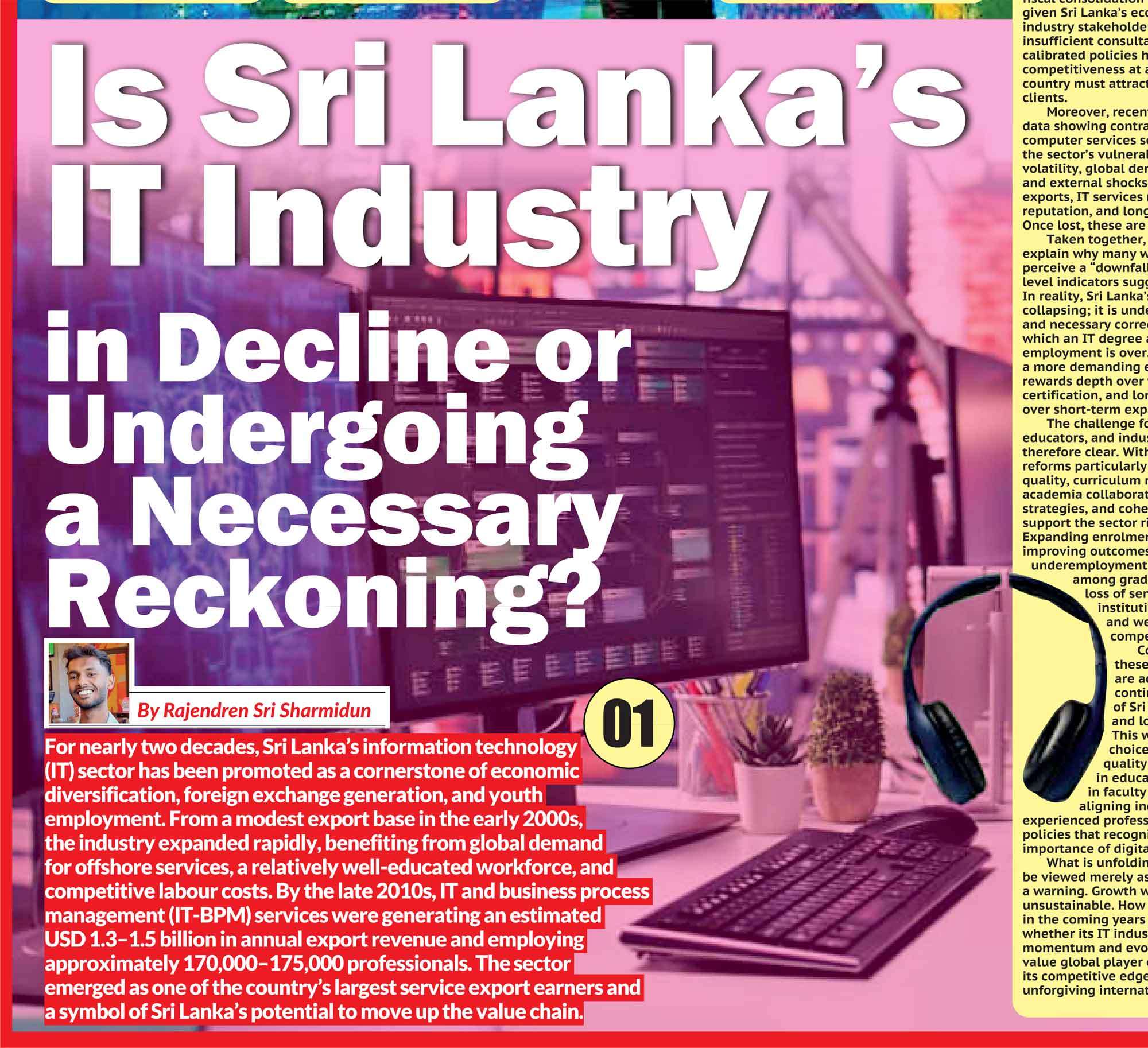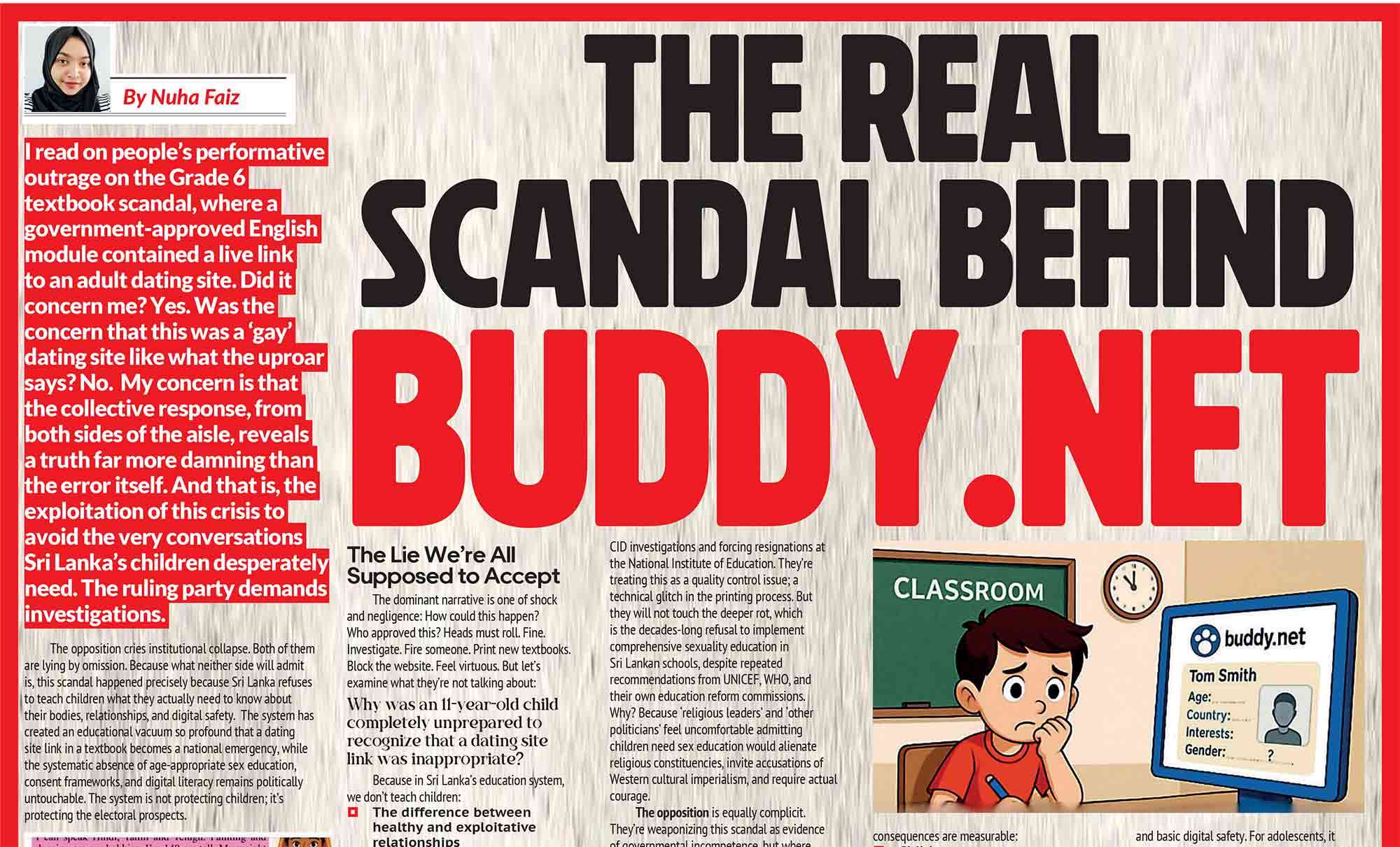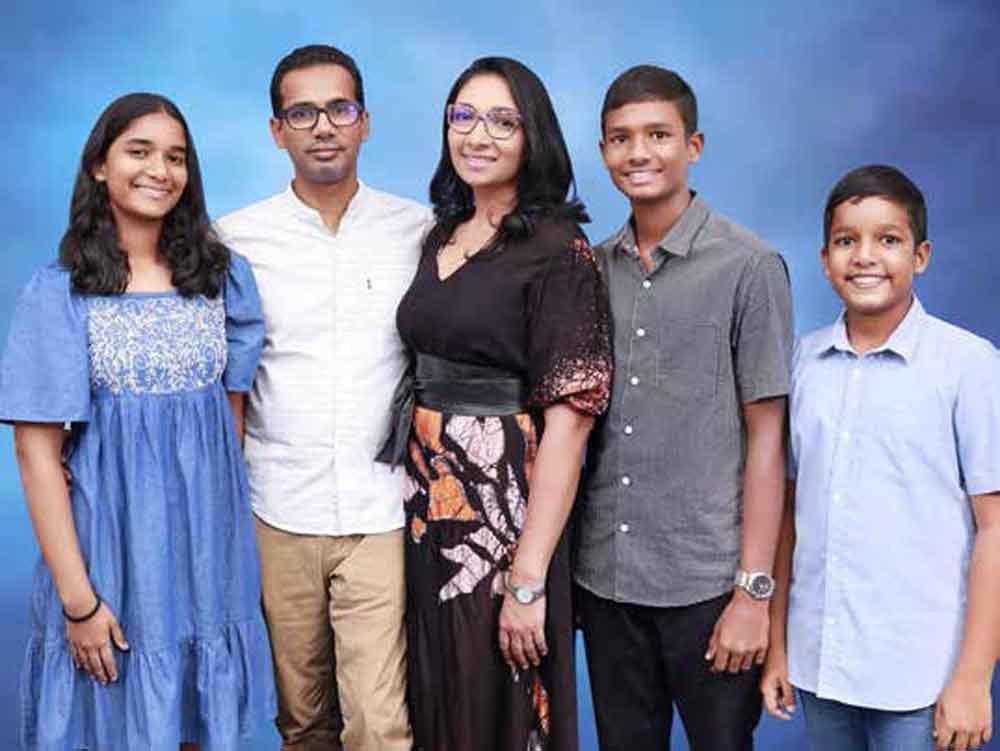
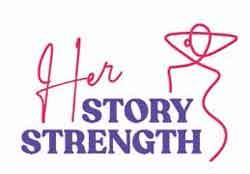 With nearly 25 years of experience in human resources, Achala Silva has carved out a distinguished career at the intersection of global best practices and Sri Lankan business traditions. Today, as Director, Group Human Resources and Administration at George Steuart and Co. Ltd., she brings both structure and empathy to her leadership, guiding people and organisations through an era of transformation. Her journey spans multinational giants like Nielsen, Maersk, Hilton, and Hayleys to one of Sri Lanka’s oldest conglomerates, George Steuart, offering her a rare perspective on balancing process-driven efficiency with people-centric compassion. Named among the ‘Power 25 Human Resources Leaders’ in 2021, Achala is recognised for her ability to adapt, inspire, and nurture talent in rapidly evolving landscapes. In this exclusive Q&A, she reflects on the pivotal experiences that shaped her leadership, the rise of women in HR, the future of work in the age of AI, and the values that anchor her both professionally and personally.
With nearly 25 years of experience in human resources, Achala Silva has carved out a distinguished career at the intersection of global best practices and Sri Lankan business traditions. Today, as Director, Group Human Resources and Administration at George Steuart and Co. Ltd., she brings both structure and empathy to her leadership, guiding people and organisations through an era of transformation. Her journey spans multinational giants like Nielsen, Maersk, Hilton, and Hayleys to one of Sri Lanka’s oldest conglomerates, George Steuart, offering her a rare perspective on balancing process-driven efficiency with people-centric compassion. Named among the ‘Power 25 Human Resources Leaders’ in 2021, Achala is recognised for her ability to adapt, inspire, and nurture talent in rapidly evolving landscapes. In this exclusive Q&A, she reflects on the pivotal experiences that shaped her leadership, the rise of women in HR, the future of work in the age of AI, and the values that anchor her both professionally and personally.
Q You’ve had an impressive career spanning nearly 25 years across both multinational corporations and Sri Lankan conglomerates. What pivotal experiences shaped your leadership style the most?
I’ve had the privilege of working across diverse environments, from highly structured multinationals to dynamic Sri Lankan conglomerates, and each has shaped my leadership style in unique ways. My parents laid the foundation by instilling strong values, which helped me make the most of these opportunities. Multinationals exposed me to global best practices, teaching me the importance of discipline, structured thinking, compliance, and data-driven decision-making. In contrast, Sri Lankan conglomerates emphasised cultural sensitivity, strong relationships, compassion, and a purpose that extends beyond profit, reminding me of the responsibility we hold toward our people and our country. These experiences taught me to balance strategy with empathy and remain agile in evolving contexts. Working with diverse teams locally and internationally deepened my belief that sustainable success stems from clear goals, empowerment, and genuine care. Together, these experiences have shaped me into an adaptive, collaborative, and people-focused leader anchored in accountability.
Q Moving from organisations like Hayleys, Nielsen, Maersk, and Hilton to George Steuart, what differences did you observe in managing people and culture?
Multinationals are typically highly structured, process-driven, fast-paced, and performance-oriented, operating with clear frameworks to deliver business results. Their cultures are largely standardised across geographies, with only limited local adaptations. At George Steuart, I experienced a distinctly different environment, one that is relationship-driven and people-centric, placing strong emphasis on heritage, belonging, collective identity, and a purpose that extends beyond profit. Decisions often carry cultural and emotional context, and leaders are expected to balance business priorities with compassion and agility. This required me to adapt my leadership style by blending the structured, systems-driven mindset I developed in multinationals with a more personalised and empathetic approach that resonates in a local business context.
Q More women are entering the HR profession compared to other fields. Why do you think HR attracts so many women, and what does this mean for the profession’s future?
HR requires strong interpersonal skills, empathy, and the ability to nurture people and relationships. While these qualities exist in everyone, they are often closely associated with women, given the multiple roles they balance in life, roles that enable many to develop these strengths naturally. It’s no surprise, then, that women are often drawn to professions where they can make a meaningful impact on others’ growth and well-being, with HR providing exactly that platform. Today, HR has evolved far beyond being an administrative function. It is now strategic, technology-driven, and central to shaping organisational culture and driving business results. This evolution opens diverse opportunities for women to progress into leadership roles. Looking ahead, this is a very positive trend. A strong presence of women in HR leadership brings balance, inclusivity, and diverse perspectives to decision-making. It also reinforces that HR is not merely about processes but about building a culture where people and organisations alike can thrive.
Q With AI taking over many aspects of people management and reshaping jobs, how do you see the role of human capital evolving, and what skills will be most critical in the new world of employment?
AI is transforming work by automating tasks and streamlining processes, but it cannot replace the human qualities essential to leadership and people management. The role of human capital will shift toward strategic partnership, culture-building, and fostering innovation, with HR driving employee experience and inclusion alongside technology. Critical skills in this new world include emotional intelligence, empathy, relationship-building, adaptability, creativity, problem-solving, and data literacy balanced with human judgment. While AI manages the transactional, the transformational, shaping culture, nurturing talent, and unlocking human potential, will grow in importance. Organisations that thrive will use technology as an enabler while keeping people at the core.
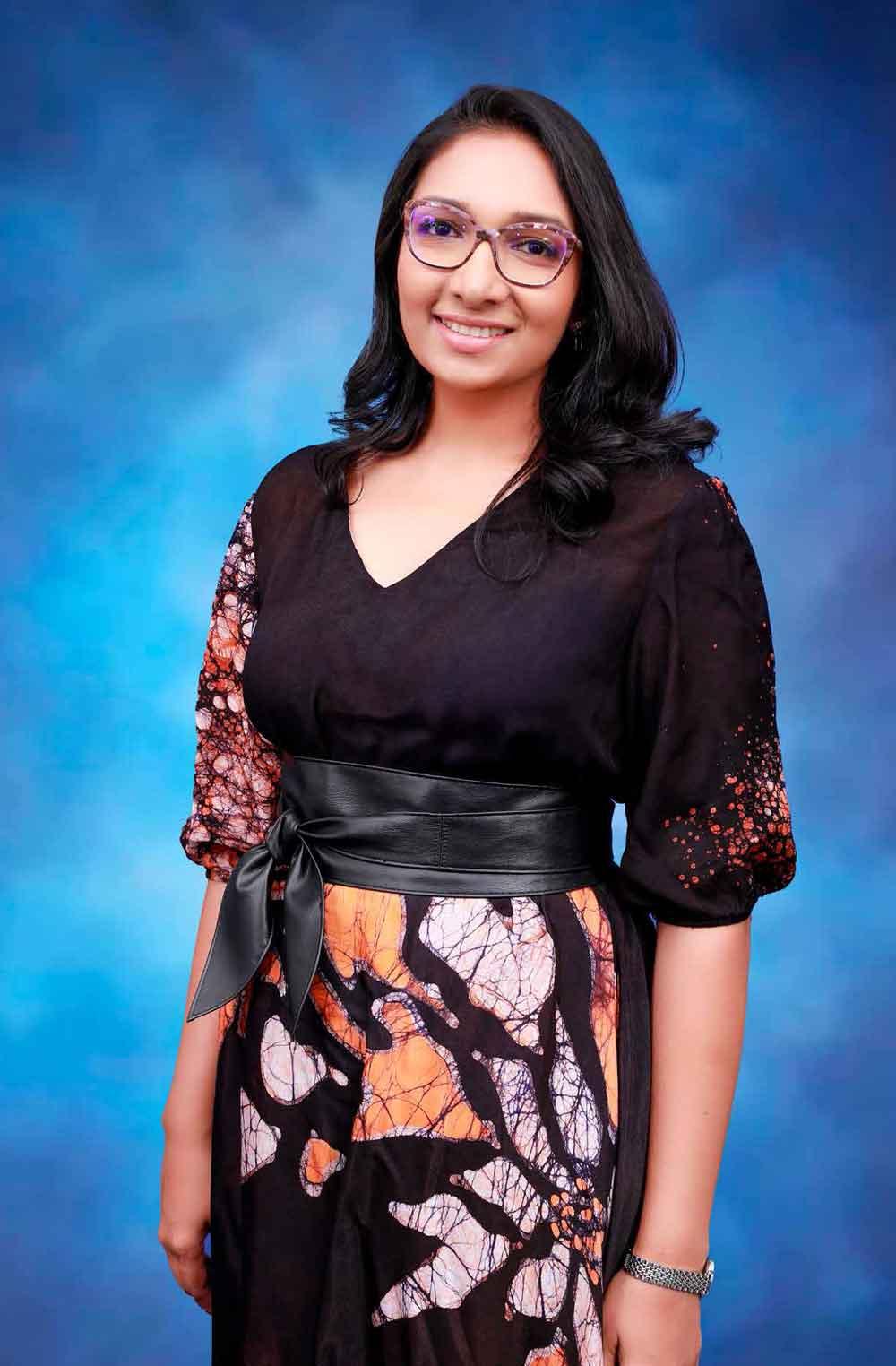
Q Being named to the “Power 25 Human Resources 2021” list was a significant international recognition. What did that achievement mean to you personally and professionally?
I am truly humbled by this recognition, which I see as both an honour and a validation of my work. On a personal level, it has been deeply encouraging, reaffirming my belief that dedication and authentic leadership can create meaningful impact. Professionally, it reflects the teams and organisations I’ve had the privilege to work with, especially my colleagues at Hilton during this period, whose support and collective effort made this possible. This recognition also inspires me to keep raising the bar for HR leadership by embracing innovation, inclusivity, and strategic impact, while mentoring and empowering others to reach their fullest potential.
Q You describe yourself as deeply passionate about nurturing talent. How do you bring that same philosophy into your family life as a wife and mother of three?
My passion for nurturing talent at work naturally extends to my family life and, in many ways, it works vice versa. As a wife and mother of three, a 17-year-old daughter and two sons aged 14 and 12, my husband and I strive to create an environment where each child feels supported, encouraged, and empowered to grow in their own way. Just as I focus on understanding strengths, guiding development, and fostering confidence in my teams, I do the same at home: listening actively, offering guidance and celebrating both small and big achievements. Whether in education, sports, or extra-curricular activities, we provide perspective on the pros and cons, while giving our children the freedom to choose what resonates with them and brings them happiness. I see both roles as complementary.
The patience, empathy, and perspective I cultivate at home enrich my leadership at work, and the lessons I learn from guiding and understanding my children help me connect more deeply with the people I lead professionally. Ultimately, it’s about creating a culture, whether at home or at work, where growth, confidence, and happiness can thrive.
Q What life values or practices help you maintain balance between your professional responsibilities and personal commitments?
I believe in maintaining a balance between the physical, mental, and spiritual aspects of life. I follow a balanced diet, prioritise eating on time, and ensure I get at least six hours of continuous sleep daily. While it can be challenging to fit in regular workouts, I make it a point to go for walks on weekends. Daily prayer before starting my day is an important routine that gives me strength and focus. I stay clear and focused on my roles, responsibilities, and life goals. I strive to understand the expectations of each role I play and to fulfil them to the best of my ability, both personally and professionally, without expecting too much in return. I approach challenges with a solution-oriented mindset, equipping myself with diverse skills to adapt and thrive in changing environments. I believe in resilience, bouncing back from setbacks, moving forward, and seeing the bright side in every challenge. Contentment, gratitude, and choosing happiness are principles I live by, along with the belief that everything happens for a reason and ultimately for the best.
Q What do you see as the future of leadership in Sri Lankan corporations over the next decade?
The future of leadership in Sri Lankan corporations over the next decade will be shaped by technological advancements, evolving workforce demographics, and a focus on sustainability and inclusivity. Leaders will need to embrace digital transformation, fostering innovation and guiding organisations through technological change, including AI. Adapting to a multigenerational workforce will be critical, as new generations bring tech-savviness, awareness of rights, and different expectations for engagement and inclusion. Strong corporate governance, ethical decision-making, and integrity will remain essential, alongside a commitment to sustainability and balancing profit with social impact. Resilience and agility will be key traits, enabling leaders to navigate economic uncertainties, inspire teams, and drive organisational growth. Those who can integrate technology, embrace diversity, uphold governance, champion sustainability, and demonstrate adaptability will be best positioned to succeed in Sri Lanka’s evolving corporate landscape.
Q How should the HR profession in Sri Lanka evolve to align with global HR standards?
HR in Sri Lanka must evolve from a traditionally administrative role into a strategic, data-driven, and globally aligned profession while remaining rooted in local context. The focus should shift to driving business outcomes, shaping culture, and enabling talent to meet changing needs. Key priorities include adopting technology and analytics for data-informed decisions, strengthening succession planning and continuous learning, and fostering inclusive, purpose-driven workplaces that prioritise well-being and empowerment. By embracing global best practices in governance, diversity, and compliance, while tailoring them to cultural nuances, Sri Lankan HR can become a true strategic partner, fuelling organisational growth and global competitiveness.
RAPID FIRE
What’s the biggest change HR in Sri Lanka needs right now? Shifting from a transactional function to a strategic business partner, shaping culture and driving results.
One skill every HR professional must have in 2025? Emotional intelligence.
AI in HR: opportunity or threat? An opportunity, if applied in the right way.
Work-from-home or back-to-office: which works better? Back to office.
Biggest HR mistake companies still make in Sri Lanka? Failing to give HR the strategic importance it deserves.
One global HR trend Sri Lanka should adopt? People analytics and data-driven decision-making.
Employee engagement: more surveys or real action? Real action.
Most underrated soft skill in HR today? Empathy.
One HR practice you’d scrap if you could? Reactive disciplinary processes that add no value to people or business.
Future of performance reviews: yes, or no? Yes.


